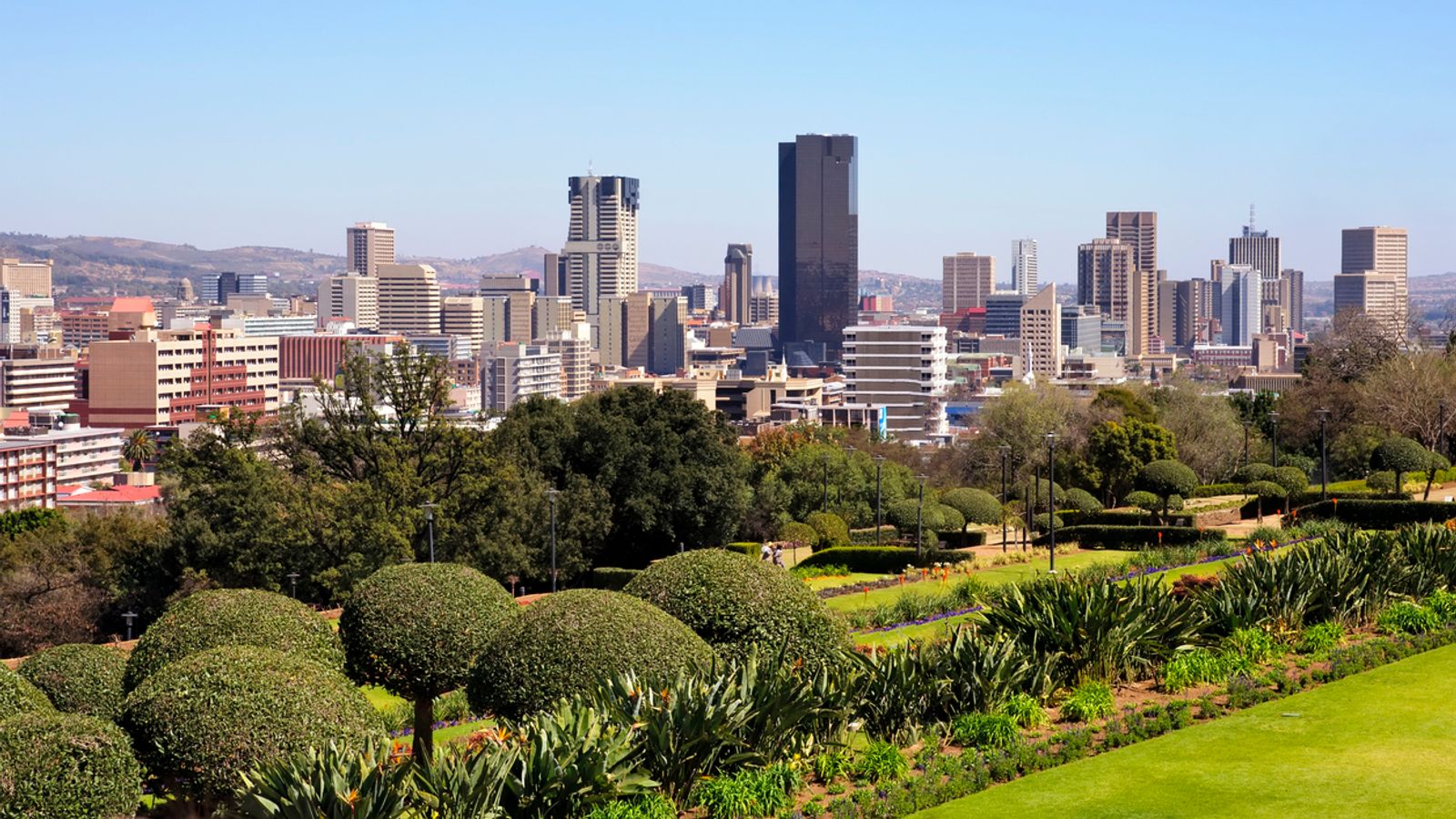News Beat
At least 11 killed in shooting in South African bar, including young children, police say | World News


At least 11 people have been killed, including a three-year-old boy, in a shooting at an illegal bar in the South African city of Pretoria, police say.
The incident took place on Saturday in the Saulsville township.
A manhunt was launched for three suspects who were not identified.
Another 14 people were also wounded during the incident.
Police didn’t say whether the shooting occurred inside or outside the illegal bar, known locally as a “shebeen”.
The South African Police Service said in a statement: “Three minors are among those deceased, which include 3- and 12-year-old boys [and a] 16-year-old female,”
South Africa has one of the highest murder rates in the world, averaging about 60 a day.
The country has relatively strict gun ownership laws, but many killings are committed with illegal guns, authorities say.
There have been several mass shootings at bars in recent years, including one that killed 16 people in the Johannesburg township of Soweto in 2022.









